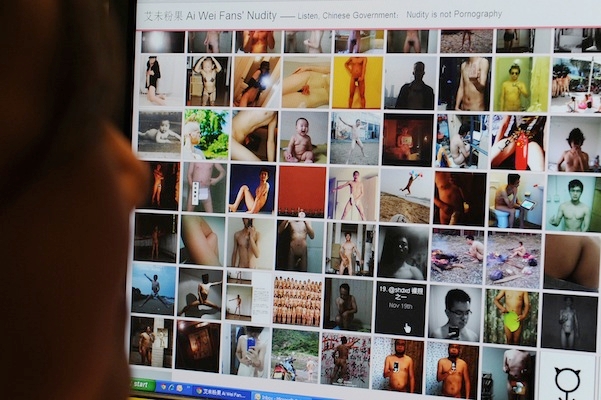Has the Prime Minister been too naïve in cooking up plans to tackle unadulterated online access to porn? Today’s Daily Mail is totally ecstatic at the proposals, but fails to take into account how difficult regulating the Internet can be. Unless David Cameron decides to go for the totalitarian Great Firewall of China approach — which filters every tiny piece of traffic, known as packets — the proposals will have a similar effect to alcohol prohibition. Porngraphy will go even deeper underground; into the encrypted untraceable bowels of the web which are nigh impossible to infiltrate.
Some of Cameron’s proposals are not entirely useless. Opt-in filters for Internet providers will work much like Google SafeSearch already does — blocking any sites deemed inappropriate when browsing or searching. Blacklisting adult content on public wi-fi and adding filters to mobile phone networks work in a similar fashion.
More baffling are the pledges for ‘Ofcom to drive move towards a family-friendly web’, ‘search engines urged to ban searches for child abuse’ and ‘new powers for watchdogs to access heavily encrypted sites.’ In theory, I can see where he is coming from. Google, Microsoft nor Yahoo want to be seen aiding the circulation of pornography. But these proposals appear to be based purely around tackling content delivered through the HTTP protocol – essentially websites accessed with an ordinary browser.
The plans completely fail to acknowledge that most illicit content is stored far away from the watching eyes of search engines. The online drug store Silk Road runs on the Tor network, an uber secure protocol designed to aid US intelligence operations but more notoriously has lead to the creation of untraceable websites. Copyrighted videos and music are frequently exchanged through Torrent networks, many of which are private and require an invitation to join. And don’t forget private servers, chat forums and other peer-to-peer network, all services with no open central database.
Many conservatives have dug out the above video this morning of Margaret Thatcher arguing for the need tackling porn online, and arguing that conservatives should fully back the move for the reasons she outlined. Back in 1995, weeding out pornography was much easier than today. The Internet was smaller, less complicated and less fragmented.
Plus, porn was everywhere! As the Internet became more commercial and widely used, pornography has no doubt grown in quantity but it has also moved underground. David Cameron should have better versed himself better in the dark side of the web before making bold promises to satisfy Fleet Street.






Comments